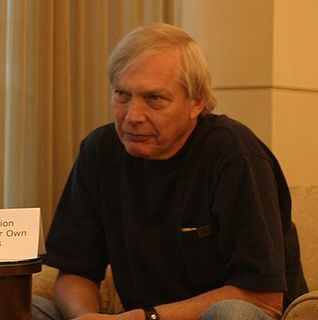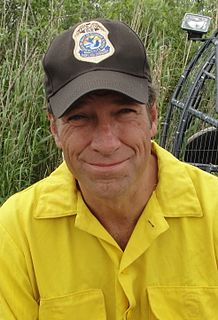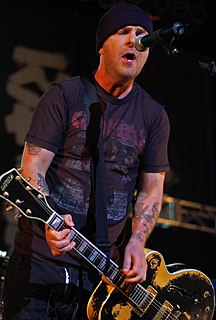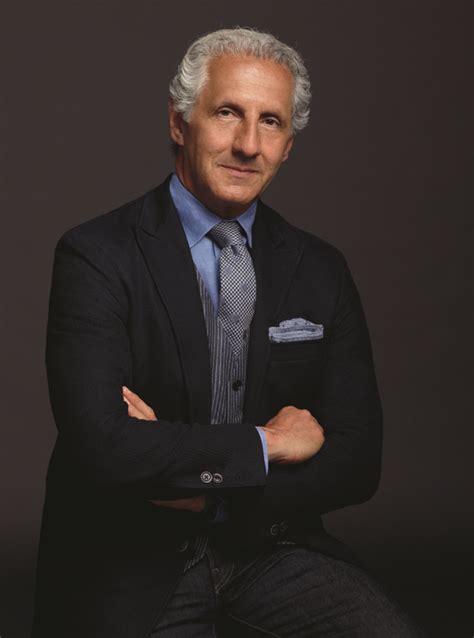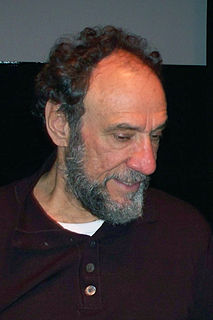A Quote by Michael Dirda
Carl Barks was born in Merrill, Oregon, in 1901, grew up in a farming family, and eventually held a number of blue-collar jobs. He knew what it was to be poor and to work hard for a living.
Related Quotes
The job market of the future will consist of those jobs that robots cannot perform. Our blue-collar work is pattern recognition, making sense of what you see. Gardeners will still have jobs because every garden is different. The same goes for construction workers. The losers are white-collar workers, low-level accountants, brokers, and agents.

